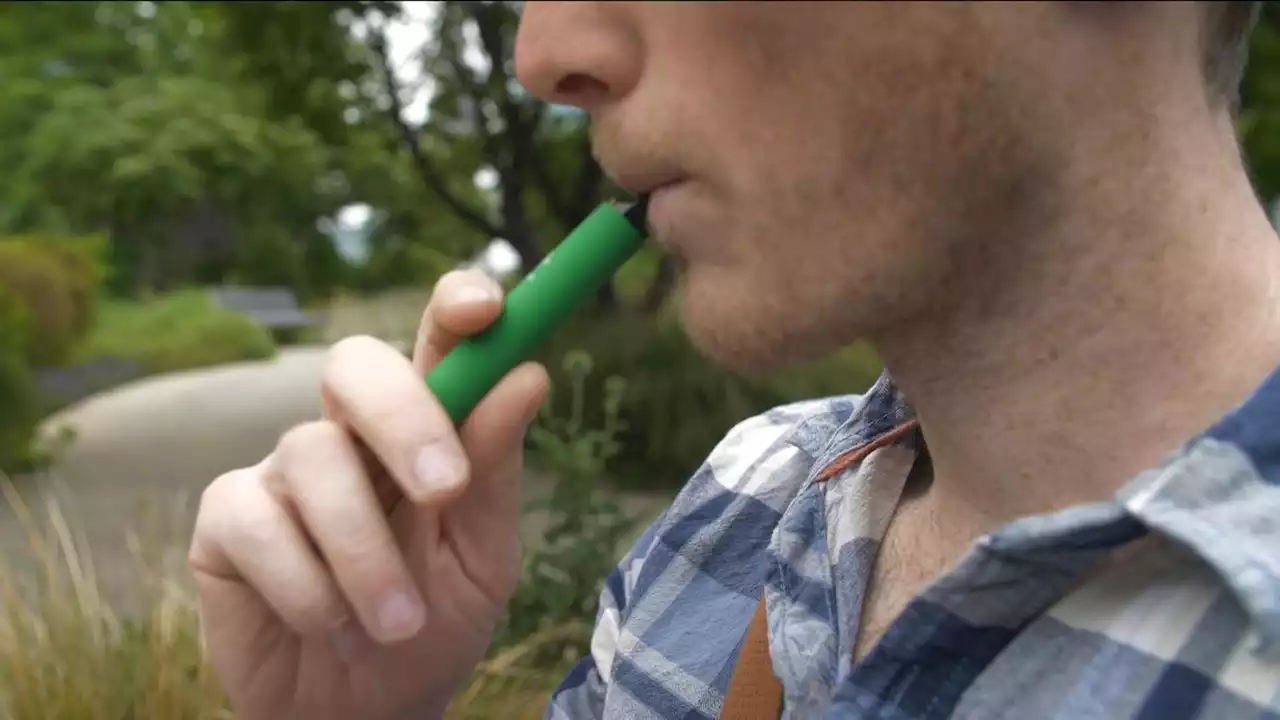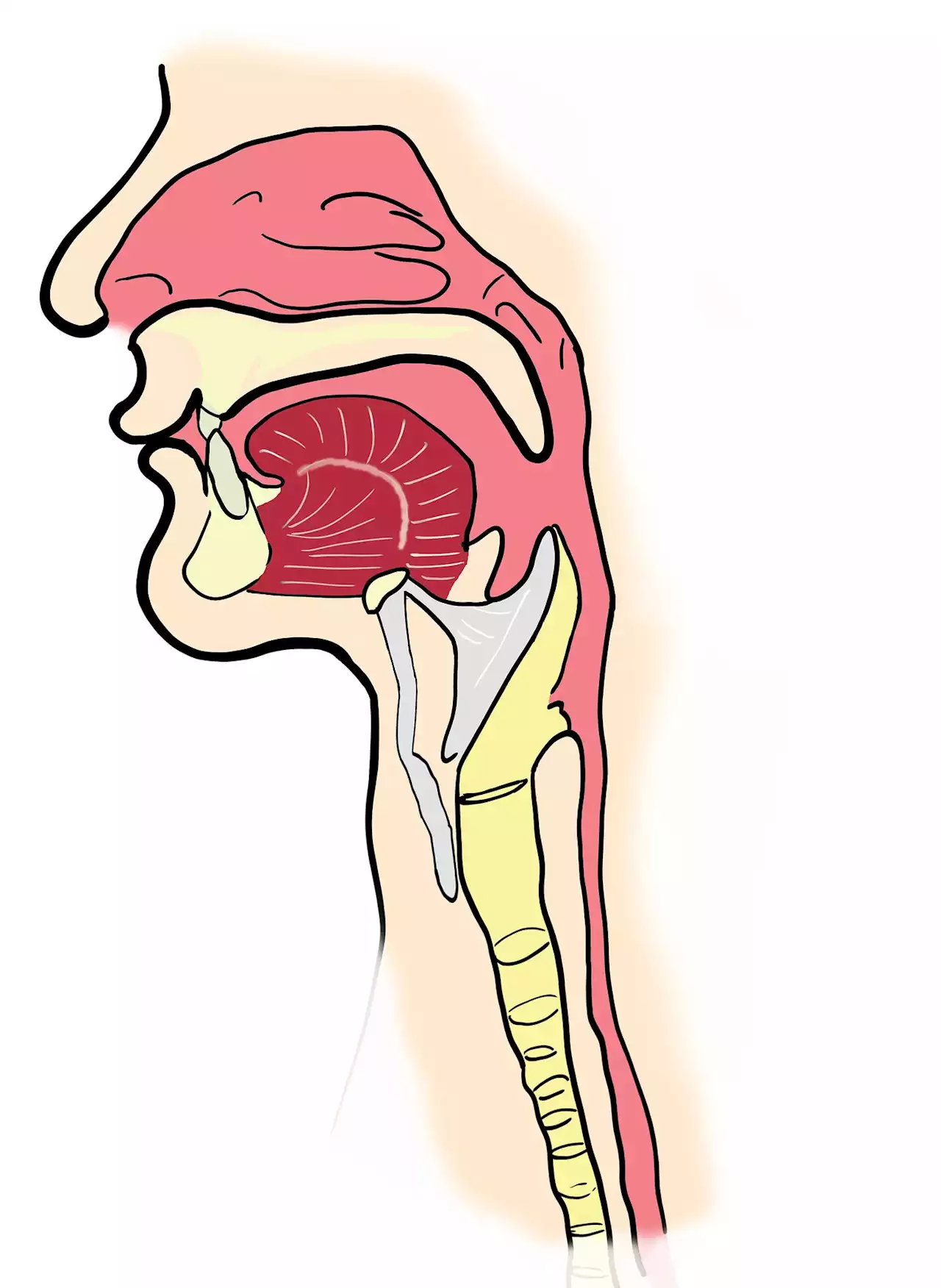Study highlights varied need for Botox with vocal disorders uwmedicine JAMAOto
Meyer and colleague Neel Bhatt, laryngologists with UW Medicine in Seattle, have co-authored recently published research inthat confirmed their suspicion: Some people with laryngeal dystonia and essential tremor of the vocal tract benefit from Botox injections more frequently than the three-month interval that most health"We found that more than 25% of patients needed more frequent treatments to stay in good voice.
Insurers' adherence to a three-month interval of injections, Meyer said, is primarily based on Botox therapy to relieve a related disorder, torticollis, in which neck muscles spasm and cause the head to rotate at an odd angle. The Botox doses to calm torticollis are much greater than those injected to relax spasming laryngeal muscles, she added, so it raises the question of why some voice-disordered patients should wait for a tiny, insurance-authorized dose while their voices fray.
Ireland Latest News, Ireland Headlines
Similar News:You can also read news stories similar to this one that we have collected from other news sources.
 'Complete ban' on UK vaping adverts needed says medical research group after study on young peopleIn the global study, most of the UK participants were found to be curious about vaping and half of those surveyed would use one if offered by a friend.
'Complete ban' on UK vaping adverts needed says medical research group after study on young peopleIn the global study, most of the UK participants were found to be curious about vaping and half of those surveyed would use one if offered by a friend.
Read more »
 Food allergy is highest among Hispanic, Black and Asian individuals, finds new studyFood allergy has not been on the radar of most racial and ethnic communities. But a new Northwestern Medicine study—the first population-based food allergy study in the U.S. to explore racial and ethnic differences in all age groups—shows why it should be.
Food allergy is highest among Hispanic, Black and Asian individuals, finds new studyFood allergy has not been on the radar of most racial and ethnic communities. But a new Northwestern Medicine study—the first population-based food allergy study in the U.S. to explore racial and ethnic differences in all age groups—shows why it should be.
Read more »
 Study shows psychedelic drugs reopen 'critical periods' for social learningNeuroscientists have long searched for ways to reopen 'critical periods' in the brain, when mammals are more sensitive to signals from their surroundings that can influence periods of brain development. Now, researchers at Johns Hopkins Medicine say a new study in mice shows that psychedelic drugs are linked by their common ability to reopen such critical periods, but differ in the length of time the critical period is open—from two days to four weeks with a single dose.
Study shows psychedelic drugs reopen 'critical periods' for social learningNeuroscientists have long searched for ways to reopen 'critical periods' in the brain, when mammals are more sensitive to signals from their surroundings that can influence periods of brain development. Now, researchers at Johns Hopkins Medicine say a new study in mice shows that psychedelic drugs are linked by their common ability to reopen such critical periods, but differ in the length of time the critical period is open—from two days to four weeks with a single dose.
Read more »
 'Smart' drugs can decrease productivity in people who don't have ADHD, study findsNew research from the University of Cambridge and the University of Melbourne, published in Science Advances, shows neurotypical workers and students taking cognitive enhancers, or 'smart' drugs, may actually be inhibiting their performance and productivity.
'Smart' drugs can decrease productivity in people who don't have ADHD, study findsNew research from the University of Cambridge and the University of Melbourne, published in Science Advances, shows neurotypical workers and students taking cognitive enhancers, or 'smart' drugs, may actually be inhibiting their performance and productivity.
Read more »
 Study reports outbreak of C. vulturna in a hospital in ChinaStudy reports outbreak of C. vulturna in a hospital in China CDCgov EIDjournal infection disease outbreak antifungal fungal
Study reports outbreak of C. vulturna in a hospital in ChinaStudy reports outbreak of C. vulturna in a hospital in China CDCgov EIDjournal infection disease outbreak antifungal fungal
Read more »
 Scientists develop universal donor stem cell therapy to treat degenerative brain diseases in a preclinical studyScientists at City of Hope have developed universal donor stem cells that could one day provide lifesaving therapy to children with lethal brain conditions, such as Canavan disease, as well as to people with other degenerative diseases, such as Alzheimer's and multiple sclerosis. The study was recently published in Advanced Science.
Scientists develop universal donor stem cell therapy to treat degenerative brain diseases in a preclinical studyScientists at City of Hope have developed universal donor stem cells that could one day provide lifesaving therapy to children with lethal brain conditions, such as Canavan disease, as well as to people with other degenerative diseases, such as Alzheimer's and multiple sclerosis. The study was recently published in Advanced Science.
Read more »
